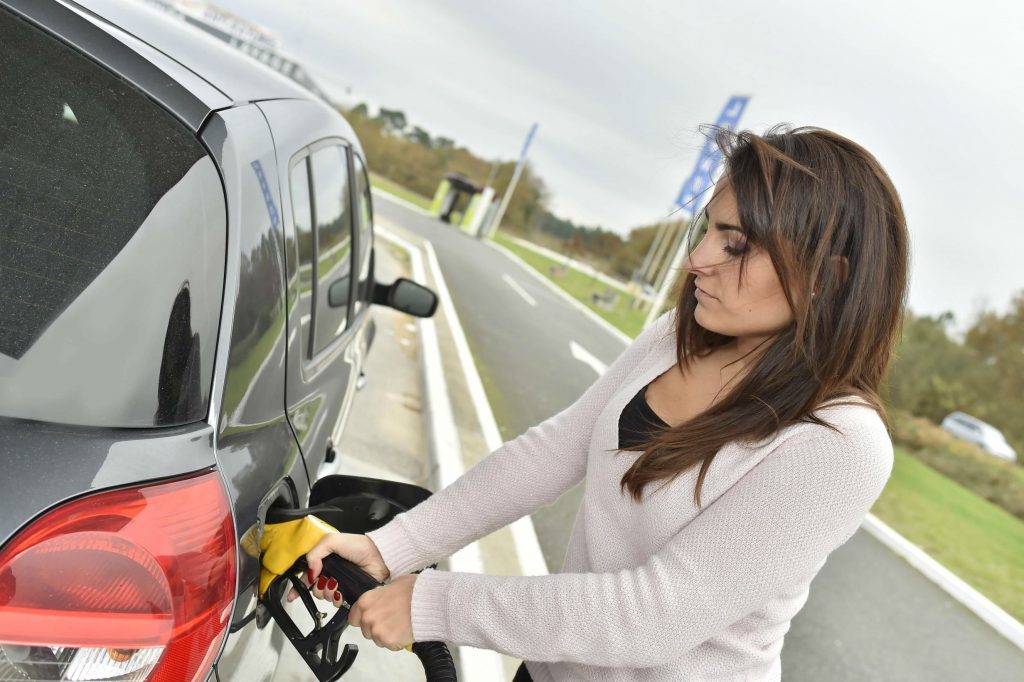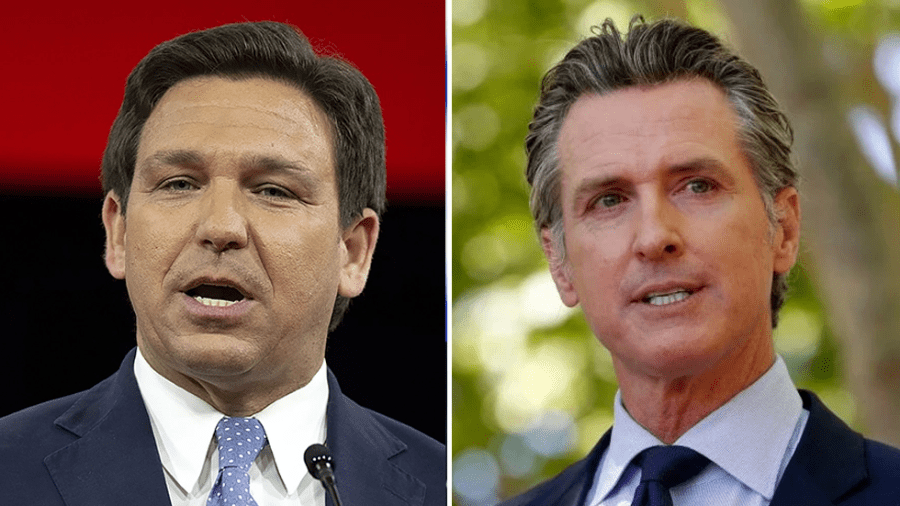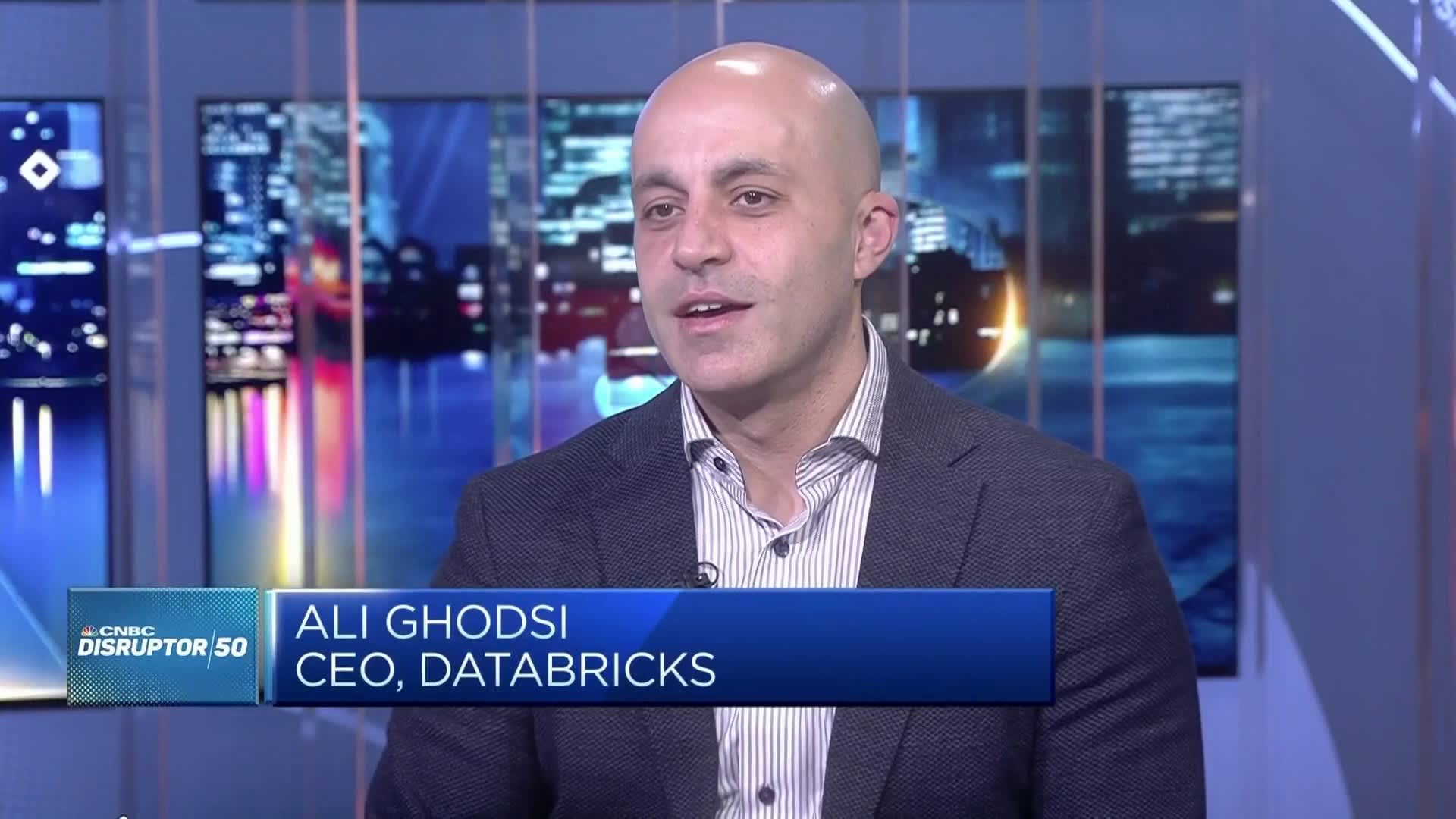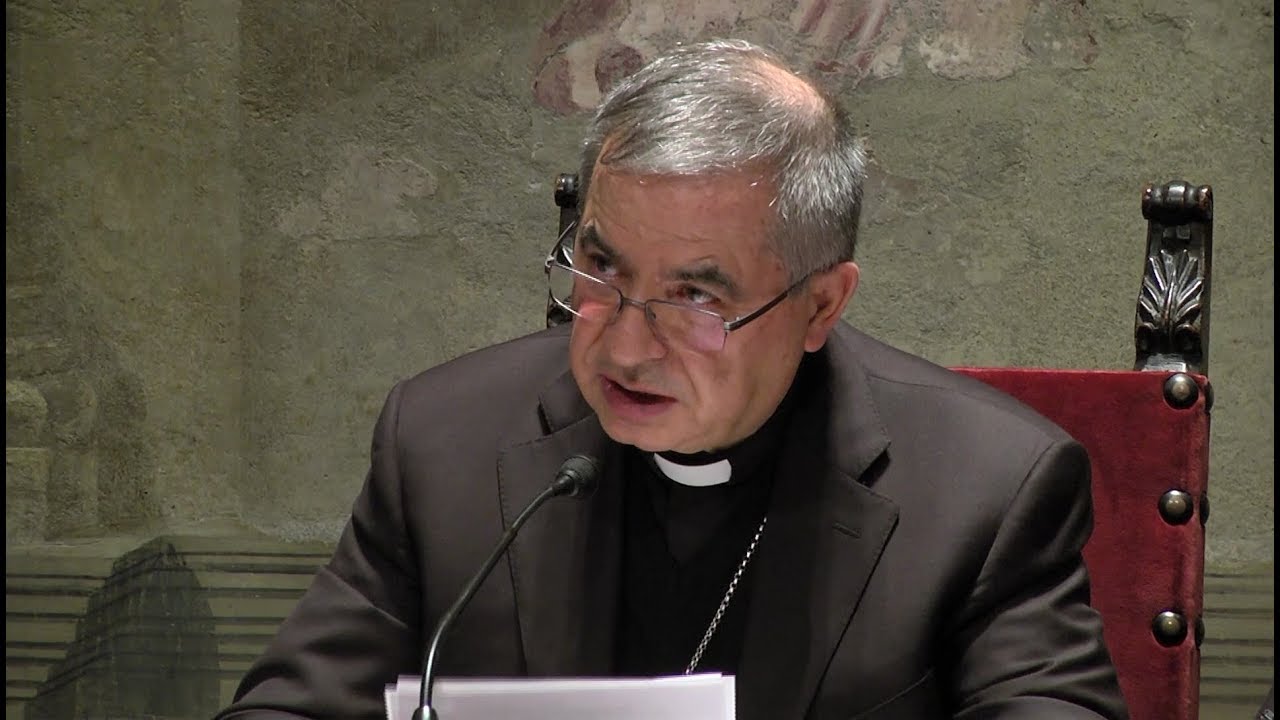New Delhi's Old Petrol Car Ban: Should Other Cities Follow Suit?

Table of Contents
The Rationale Behind New Delhi's Ban
New Delhi's notoriously poor air quality, frequently ranking among the world's most polluted cities, necessitated aggressive action. The old petrol car ban is a prime example of such a measure.
Combating Air Pollution
Delhi's air pollution crisis is severe. High levels of PM2.5 and other pollutants are directly linked to respiratory illnesses, cardiovascular diseases, and premature deaths. Older vehicles, lacking modern emission control technologies, are significant contributors to this harmful particulate matter and overall poor air quality. The ban directly targets the most polluting vehicles on the road, aiming for a substantial reduction in harmful emissions.
- High levels of PM2.5 and other pollutants linked to respiratory illnesses and premature deaths.
- Older vehicles lack modern emission control technologies like catalytic converters and particulate filters.
- The ban targets the most polluting vehicles, focusing on a major source of city pollution.
Improving Traffic Flow
Beyond air quality, the ban also aims to improve traffic flow. A reduction in the number of older, less efficient vehicles on the road can alleviate congestion in already overburdened cities like Delhi.
- Reduced congestion leads to lower fuel consumption and less idling, further improving air quality and reducing vehicle emissions.
- Improved traffic flow can significantly reduce commute times and increase overall efficiency.
Promoting Sustainable Transportation
The ban acts as a catalyst, encouraging a shift towards cleaner and more sustainable transportation alternatives.
- Investment in public transportation infrastructure (metro expansion, bus rapid transit systems) is crucial for the success of such bans. Sufficient public transport is vital to ensure accessibility for those affected by the ban.
- Government incentives for electric vehicle adoption (subsidies, tax breaks, charging infrastructure development) are essential to make cleaner alternatives economically viable. These incentives encourage the transition to sustainable transportation.
The Challenges and Criticisms of the Ban
While the intentions behind New Delhi's old petrol car ban are laudable, several challenges and criticisms must be addressed.
Economic Impacts
The ban disproportionately affects low-income individuals who rely on older vehicles for their livelihoods. This raises significant equity concerns.
- Financial assistance and alternative transportation options are needed for affected drivers to ensure a just transition.
- Potential job losses in the used car market and related industries require mitigation strategies.
Enforcement Difficulties
Strict enforcement is crucial for the ban's effectiveness, but this proves challenging in a large, densely populated city like Delhi.
- Robust monitoring systems, including technological solutions like AI-powered cameras and license plate readers, are necessary.
- Strong penalty systems are required to deter violations and ensure compliance. A lack of strong enforcement will undermine the entire initiative.
Equity and Access Concerns
The ban may limit access to transportation for certain vulnerable populations, exacerbating existing inequalities.
- Addressing the needs of individuals with disabilities who rely on personal vehicles is paramount. Accessible public transportation solutions are crucial.
- Ensuring equitable access to alternative transportation options for those in remote areas or with limited access to public transport is essential.
Should Other Cities Follow Suit? A Case-by-Case Analysis
Whether other cities should implement similar bans requires a careful case-by-case analysis. There's no one-size-fits-all solution.
- Factors to consider include: current air quality levels (measured by PM2.5 levels and other pollutants), existing public transportation infrastructure, the city's economic conditions, and the availability of viable alternative transportation options (electric vehicles, cycling infrastructure).
- Cities with well-developed public transportation systems and robust electric vehicle infrastructure may find such a ban more feasible. Conversely, cities lacking such infrastructure may face significant challenges.
- Tailored solutions are vital. Policies must address the specific local context, considering factors like population density, economic disparities, and the existing transportation network.
Conclusion
New Delhi's old petrol car ban is a complex issue with both potential benefits and significant challenges. While it aims to improve air quality and promote sustainable transportation, concerns remain regarding economic impact, enforcement, and equitable access to transportation. The effectiveness hinges on careful planning, strong enforcement, and consideration of social equity.
The success of such bans depends heavily on a city’s unique circumstances. A blanket "old petrol car ban" may not be universally applicable, but exploring and implementing tailored strategies to improve air quality and reduce reliance on polluting vehicles is crucial. Further research into the long-term impacts of New Delhi's ban, and similar initiatives worldwide, is needed to determine the best approach for combating air pollution and promoting sustainable transportation. The question remains: Can your city find a solution that balances environmental responsibility with societal needs? The development of sustainable transportation policies needs to prioritize both environmental protection and social equity.

Featured Posts
-
 La Liga Santafesina Goles Que Emocionan A Sus Hinchas
Apr 25, 2025
La Liga Santafesina Goles Que Emocionan A Sus Hinchas
Apr 25, 2025 -
 The Newsom Toxic Democrats Controversy Analysis And Reactions
Apr 25, 2025
The Newsom Toxic Democrats Controversy Analysis And Reactions
Apr 25, 2025 -
 Als Claims Life Of Chicago Bears Hall Of Famer Steve Mc Michael
Apr 25, 2025
Als Claims Life Of Chicago Bears Hall Of Famer Steve Mc Michael
Apr 25, 2025 -
 Databricks Accelerates Ai Growth With Hundreds Of New India Based Roles
Apr 25, 2025
Databricks Accelerates Ai Growth With Hundreds Of New India Based Roles
Apr 25, 2025 -
 Marvels Mcu Jean Grey A Perfect Casting Choice
Apr 25, 2025
Marvels Mcu Jean Grey A Perfect Casting Choice
Apr 25, 2025
Latest Posts
-
 Vaticano Ulteriori Ritardi Nel Processo 8xmille Legato A Becciu
Apr 30, 2025
Vaticano Ulteriori Ritardi Nel Processo 8xmille Legato A Becciu
Apr 30, 2025 -
 8xmille Nuovo Rinvio Per Il Processo Al Fratello Di Becciu
Apr 30, 2025
8xmille Nuovo Rinvio Per Il Processo Al Fratello Di Becciu
Apr 30, 2025 -
 Processo Becciu Rinviata L Udienza Sui Fondi 8xmille
Apr 30, 2025
Processo Becciu Rinviata L Udienza Sui Fondi 8xmille
Apr 30, 2025 -
 Caso Becciu Ultime Notizie Sui Fondi 8xmille
Apr 30, 2025
Caso Becciu Ultime Notizie Sui Fondi 8xmille
Apr 30, 2025 -
 Sentenza Becciu 40 000 Euro Di Risarcimento Agli Accusatori
Apr 30, 2025
Sentenza Becciu 40 000 Euro Di Risarcimento Agli Accusatori
Apr 30, 2025
